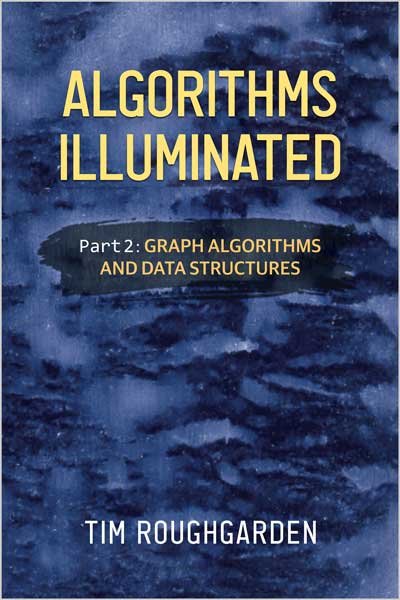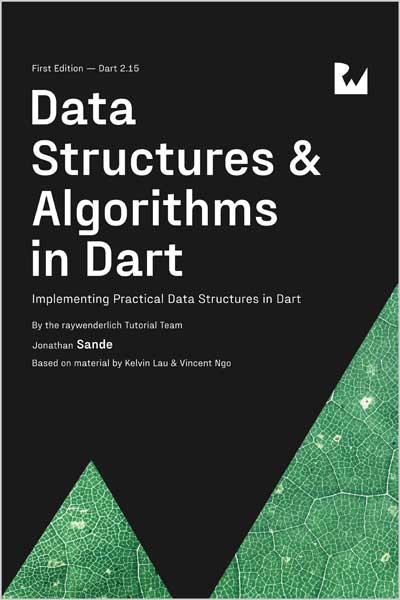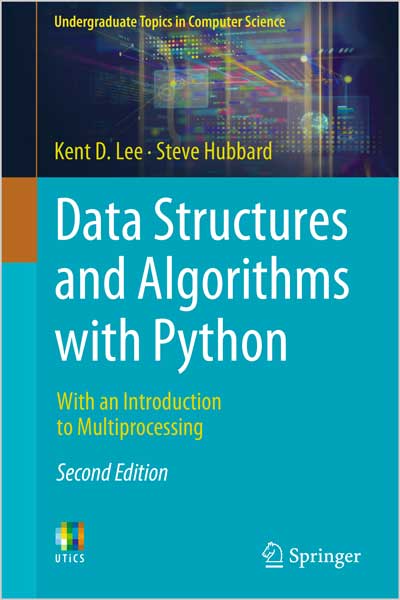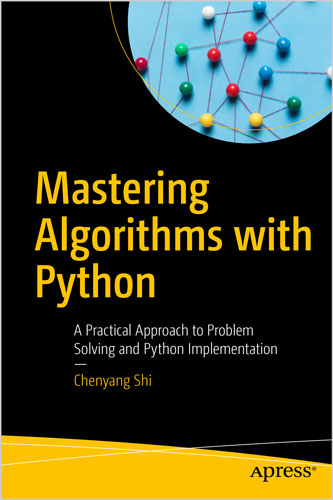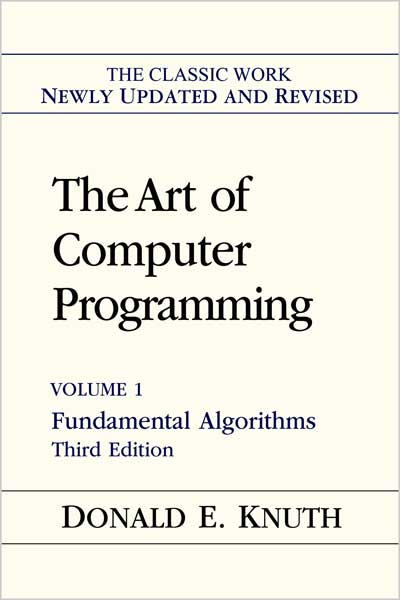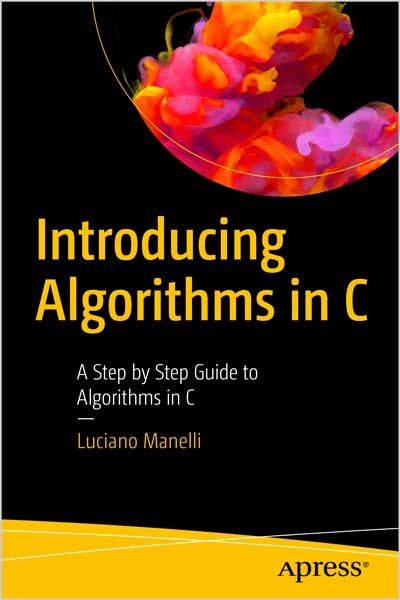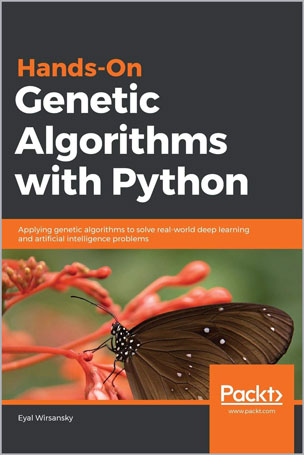Gaurav Patil, Gopal Sakarkar, Prateek Dutta
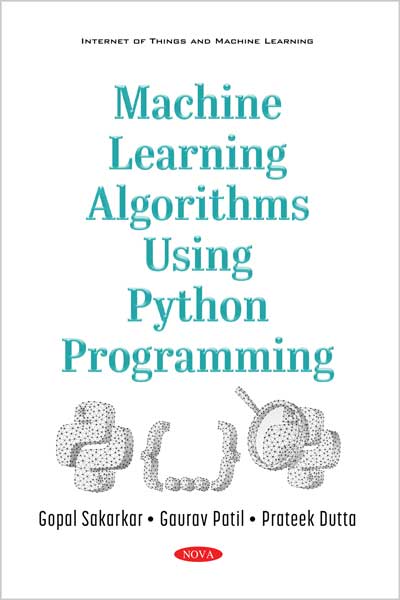
#Python
#Algorithms
#Machine_Learning
The machine learning field is concerned with the question of how to create computer programs that automatically improve information. In recent years many successful electronic learning applications have been made, from data mining systems that learn to detect fraudulent credit card transactions, filtering programs that learn user readings, to private cars that learn to drive on public highways. At the same time, there have been significant developments in the concepts and algorithms that form the basis for this field. Machine learning is programming computers to optimize a performance criterion using example data or past experience.
The goal of this textbook is to present the key concepts of Machine Learning which includes Python concepts and Interpreter, Foundation of Machine Learning, Data Pre-processing, Supervised Machine Learning, Unsupervised Machine Learning, Reinforcement Learning, Kernel Machine, Design & analysis of Machine Learning experiment and Data visualization. We are covering the theoretical concepts along with coding implementation. This book aims to pursue a middle ground between a theoretical textbook and one that focuses on applications. The book concentrates on the important ideas in machine learning.
Given the wide variety of features, this book makes a few thoughts about the student’s background. Instead, it introduces basic concepts from mathematics, artificial intelligence, the concept of knowledge, and other areas where necessary, focusing on those concepts that are most relevant to machine learning. This book is designed for undergraduate and graduate students in fields such as computer science, engineering, mathematics and social sciences, and as a reference for software experts and operators.
The principle behind the writing of this book is that we should introduce doctrinal equality and practice. The study of machine learning attempts to answer questions such as “How does learning performance differ from the number of training examples provided?” and “Which learning algorithms are most suitable for different types of learning activities?” The practice of machine learning is overshadowed by introducing major algorithms in the field, as well as clues that demonstrate their effectiveness.
Contents
Chapter 1 Python Concept and Interpreter
Chapter 2 Foundation of Machine Learning
Chapter 3 Data Pre-Processing
Chapter 4 Supervised Learning
Chapter 5 Unsupervised Learning
Chapter 6 Reinforcement Learning
Chapter 7 Kernel Machines
Chapter 8 Data Visualization
